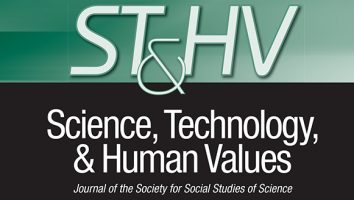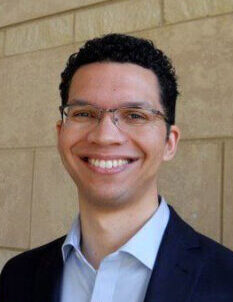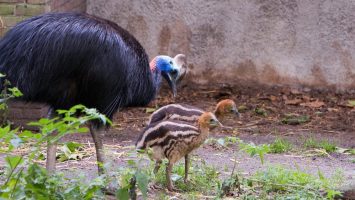Food and Agriculture
What ethical challenges exist within our global food and agriculture systems?
The Rock Ethics Institute integrates ethical considerations, processes, and objectives into interdisciplinary Food and Agriculture research at Penn State. The scholarship of our core and affiliate faculty positions the REI as a global leader in agricultural and food ethics research and a trusted voice on these issues among academics and the broader public.
Sponsored Research
Principal Investigators:
Research Project I: Shifting Discourses on Food Security, Food Sovereignty, and Technology in the Post-COVID Era.
The year 2020 involved multiple intertwined crises: COVID-19, economic contraction, and racial strife. Few if any social institutions have been unscathed and the world is still scrambling to respond, including food security and food sovereignty actors. At the same time, long-term sociotechnical trends outside of agriculture also impact how food system actors are reconfiguring and repositioning themselves. Is the current moment of crisis opening new windows of possibility, or simply accelerating our previous sociotechnical trajectory? Over the past year, FIELDS convenor Robert Chiles and FIELDS undergraduate fellow Anderson Longenecker have analyzed this phenomenon by conducting a discourse analysis of elite-level discourses on agriculture and technology (n = 300 articles). Our research question is both descriptive and interpretive. With respect to the former, we ask “What discourses are food system experts and tech experts using to make sense of and rearticulate the meaning, significance, and ethical implications of the post-COVID era?” With respect to the latter, we ask “What are the implications of these discourses and their institutional/material enactments with respect to food security and food sovereignty proponents?” Preliminary results were presented at the 2021 Annual Meeting of the American Sociological Association.
Research Project II: The Political Economy of Cellular Agriculture in South Africa: Livelihoods, Governance, and Climate Justice.
Cellular agriculture involves the production of meat and dairy products from stem cells rather than live animals. This technology has primarily been developed in the United States, Europe, Israel, Japan, and China, but in just the past several years, three cellular agriculture start-ups have emerged in South Africa. Studying the cellular agriculture phenomenon in South Africa helps to illustrate the convergence of multiple sociotechnical storylines in the modern era: climate change, socioeconomic and racial inequality, industrial animal agriculture, and the Fourth Industrial Revolution. In June 2022, FIELDS convenor Robert Chiles traveled to Cape Town, South Africa to do a pilot study, network, and lay the foundation for a future sabbatical year. Project findings will inform and advance contemporary literature and debate in the sociology of agriculture, environmental sociology, science and technology studies, settler colonialism and postcolonial theory, the sociology of race and racism, and development studies.
Principal Investigator:
School administrators and food service directors face many challenges when trying to make ethical decisions about what meals to provide students through the National School Lunch Program. Considering menu items, the environment where the children eat, the time allowed for lunches, and more; the decisions are frequently made with little decision-making guidance and under tight regulatory, cost, and resource constraints.
The Rock Ethics Institute Ethical Decision-Making Among School Food Service Stakeholders Initiative seeks to understand the obstacles and challenges stakeholders face in making such decisions and to leverage this understanding to develop an ethical decision-making framework to guide such decisions for these stakeholders.
The project creates far-reaching research and pedagogical synergies by leveraging the expertise of Penn State’s Food Decisions Research Laboratory (which is directed by initiative convener Amit Sharma) and the REI’s Food Innovation, Ethics, Leadership, Development, and Sustainability (FIELDS) initiative, under the direction of co-convener Robert M. Chiles—providing deep, meaningful research opportunities for both Penn State undergraduate and graduate students.
Related News
Related Publications







